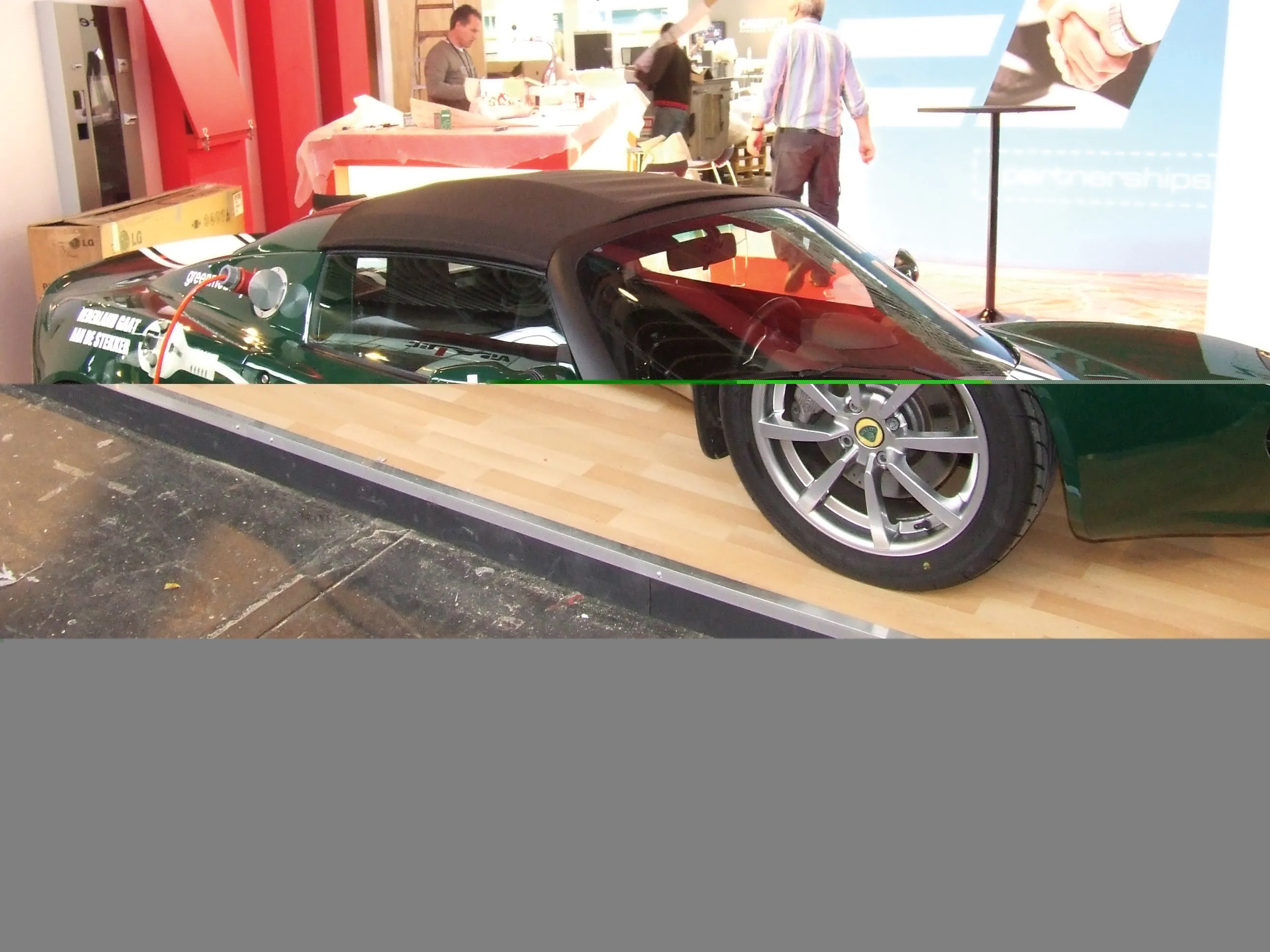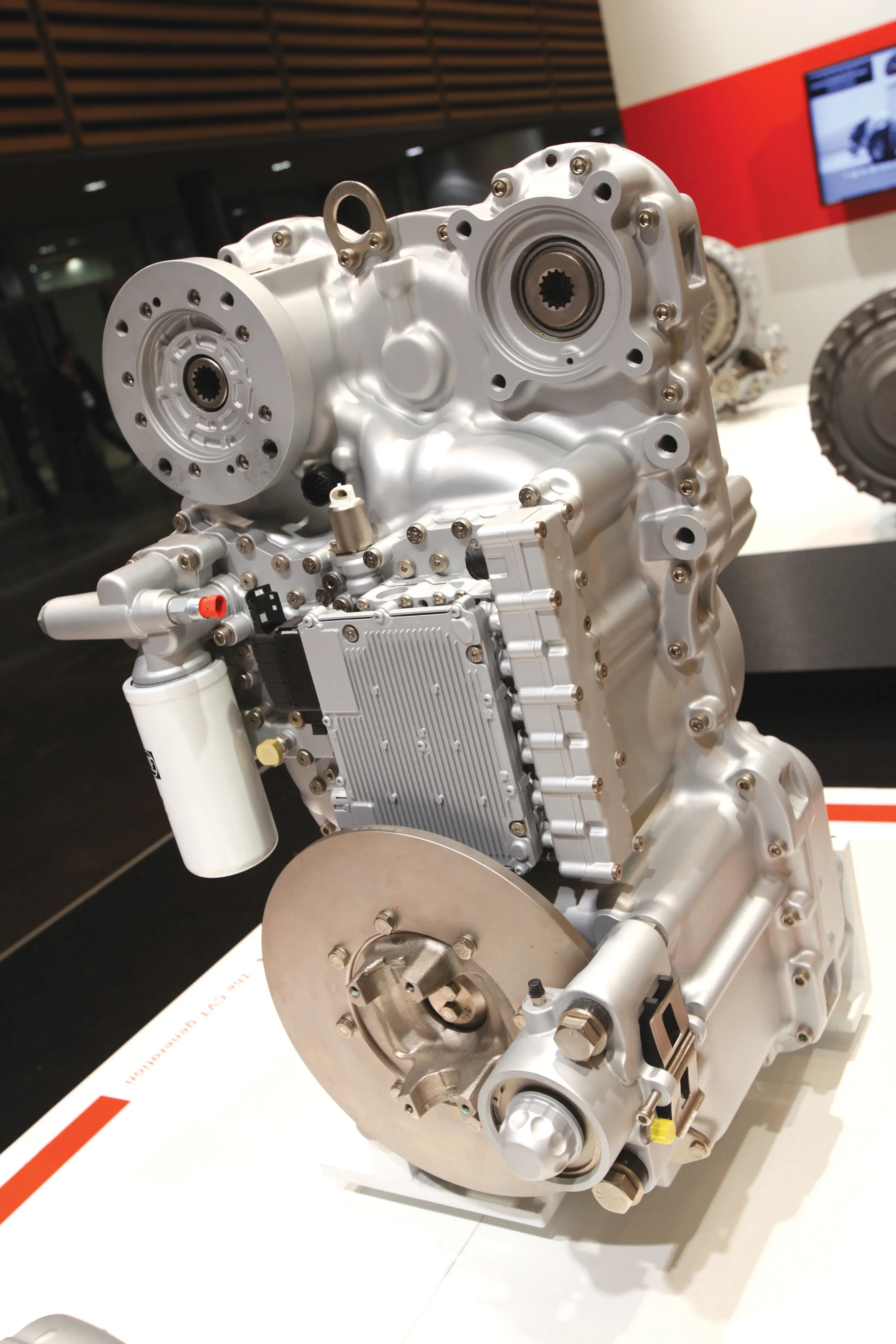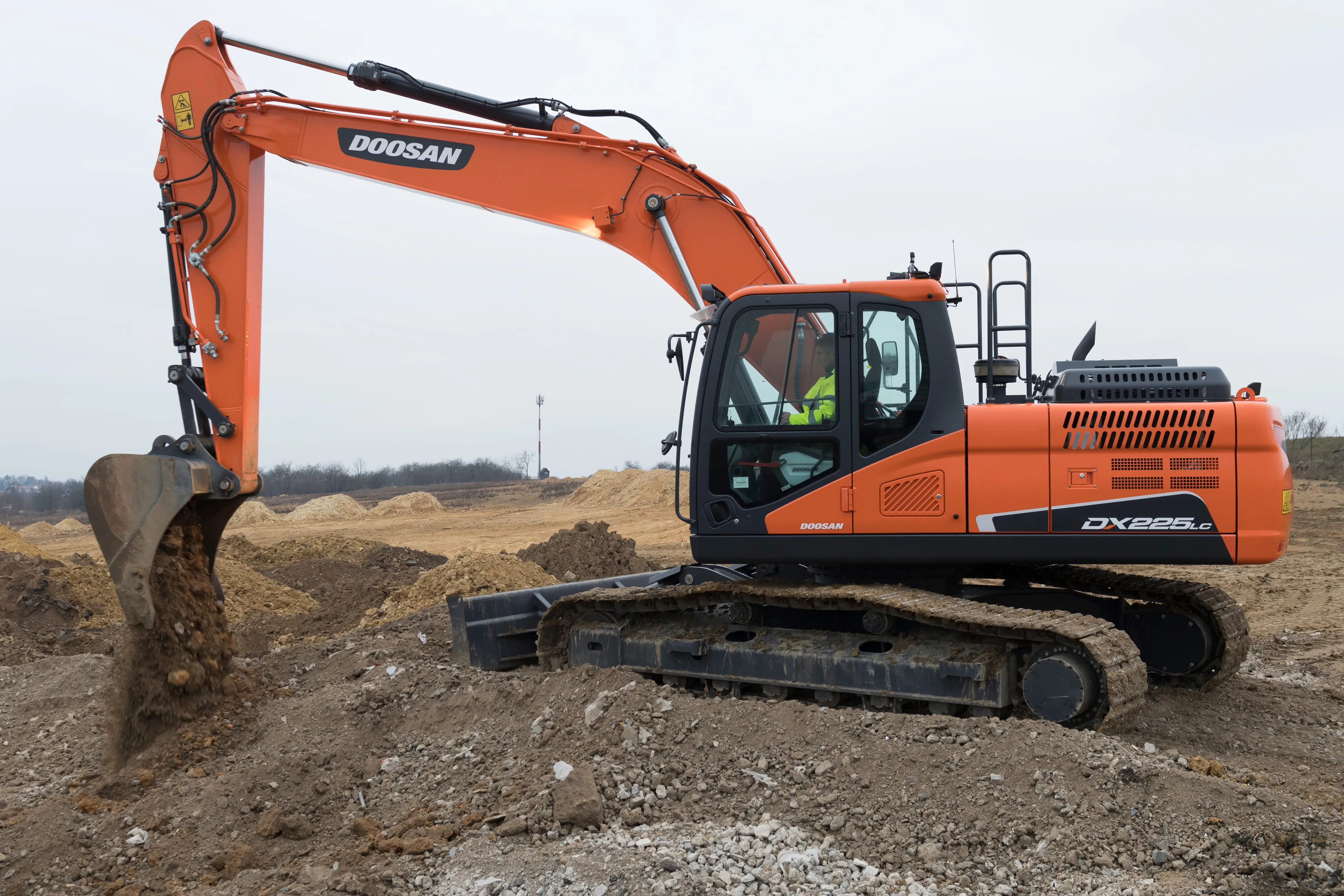New rules in the US mean that electric vehicles will require noise generation equipment. This covers electric vehicles and hybrids as well as motorcycles, medium and heavy trucks and buses. It specifies that the alert sound must be sufficient to allow a pedestrian to detect a nearby EV or PHEV operating at constant speed, accelerating, decelerating and operating in any other critical scenarios. It must reflect the minimum sound level emitted by a motor vehicle that is necessary to allow visually-impaired an
June 18, 2012
Read time: 2 mins

New rules in the US mean that electric vehicles will require noise generation equipment.
This covers electric vehicles and hybrids as well as motorcycles, medium and heavy trucks and buses. It specifies that the alert sound must be sufficient to allow a pedestrian to detect a nearby EV or PHEV operating at constant speed, accelerating, decelerating and operating in any other critical scenarios. It must reflect the minimum sound level emitted by a motor vehicle that is necessary to allow visually-impaired and other pedestrians to detect a nearby EV or PHEV operating below the cross-over speed. In addition, it must reflect the performance requirements necessary to ensure that each vehicle’s alert sound is as recognisable to pedestrians as that of a motor vehicle in operation. The implementation of the rulemaking is due in 2014 and should come into effect by 2017.
In 2011 the2465 European Commission drafted a guideline for Acoustic Vehicle Alerting Systems. This guideline, intended to make recommendations to manufacturers for the installation of systems that provide vehicle operation information to vulnerable road users, is planned as an interim guidance until completion of on-going research activities and the development of a global harmonisation for device performance specifications.
This covers electric vehicles and hybrids as well as motorcycles, medium and heavy trucks and buses. It specifies that the alert sound must be sufficient to allow a pedestrian to detect a nearby EV or PHEV operating at constant speed, accelerating, decelerating and operating in any other critical scenarios. It must reflect the minimum sound level emitted by a motor vehicle that is necessary to allow visually-impaired and other pedestrians to detect a nearby EV or PHEV operating below the cross-over speed. In addition, it must reflect the performance requirements necessary to ensure that each vehicle’s alert sound is as recognisable to pedestrians as that of a motor vehicle in operation. The implementation of the rulemaking is due in 2014 and should come into effect by 2017.
In 2011 the









